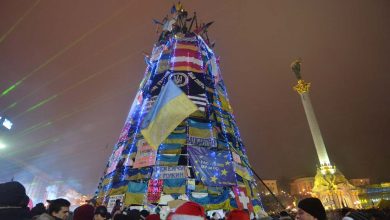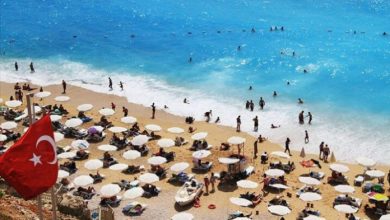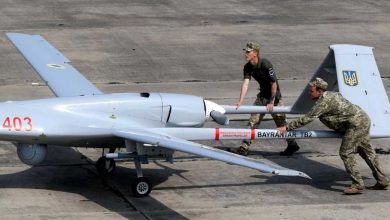Trump extends Russia sanctions over Crimea for another year
The sanctions were extended for another year, until March 2020, according to a statement posted on the White House's website on March 4, 2019.

U.S. President Donald Trump has extended several packages of sanctions imposed on the Russian Federation by the Barack Obama administration over the Russian occupation of Crimea. The sanctions were extended for another year, until March 2020, according to a statement posted on the White House’s website on March 4, 2019.
On March 6, 2014, by Executive Order 13660, the president declared a national emergency pursuant to the International Emergency Economic Powers Act (50 U.S.C. 1701-1706) to deal with the unusual and extraordinary threat to the national security and foreign policy of the United States constituted by the actions and policies of persons that undermine democratic processes and institutions in Ukraine; threaten its peace, security, stability, sovereignty, and territorial integrity; and contribute to the misappropriation of its assets.
Council prolongs EU sanctions against Yanukovych and 11 allies for one year On March 16, 2014, the president issued Executive Order 13661, which expanded the scope of the national emergency declared in Executive Order 13660, and found that the actions and policies of the Government of the Russian Federation with respect to Ukraine undermine democratic processes and institutions in Ukraine; threaten its peace, security, stability, sovereignty, and territorial integrity; and contribute to the misappropriation of its assets.
On March 20, 2014, the president issued Executive Order 13662, which further expanded the scope of the national emergency declared in Executive Order 13660, as expanded in scope in Executive Order 13661, and found that the actions and policies of the Government of the Russian Federation, including its purported annexation of Crimea and its use of force in Ukraine, continue to undermine democratic processes and institutions in Ukraine; threaten its peace, security, stability, sovereignty, and territorial integrity; and contribute to the misappropriation of its assets. On December 19, 2014, the president issued Executive Order 13685, to take additional steps to address the Russian occupation of the Crimea region of Ukraine.
On September 20, 2018, the president issued Executive Order 13849, to take additional steps to implement certain statutory sanctions with respect to the Russian Federation.
The actions and policies addressed in these Executive Orders continue to pose an unusual and extraordinary threat to the national security and foreign policy of the United States. For this reason, the national emergency declared on March 6, 2014, and the measures adopted on that date, on March 16, 2014, on March 20, 2014, on December 19, 2014, and on September 20, 2018, to deal with that emergency, must continue in effect beyond March 6, 2019. “Therefore, in accordance with section 202(d) of the National Emergencies Act (50 U.S.C. 1622(d)), I am continuing for 1 year the national emergency declared in Executive Order 13660,” Trump said. This notice shall be published in the Federal Register and transmitted to the Congress.
Source: UNIAN




